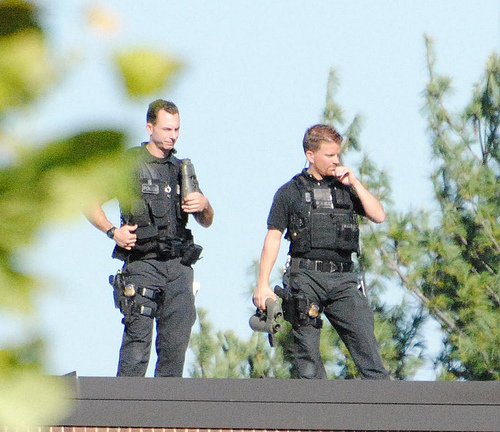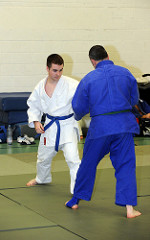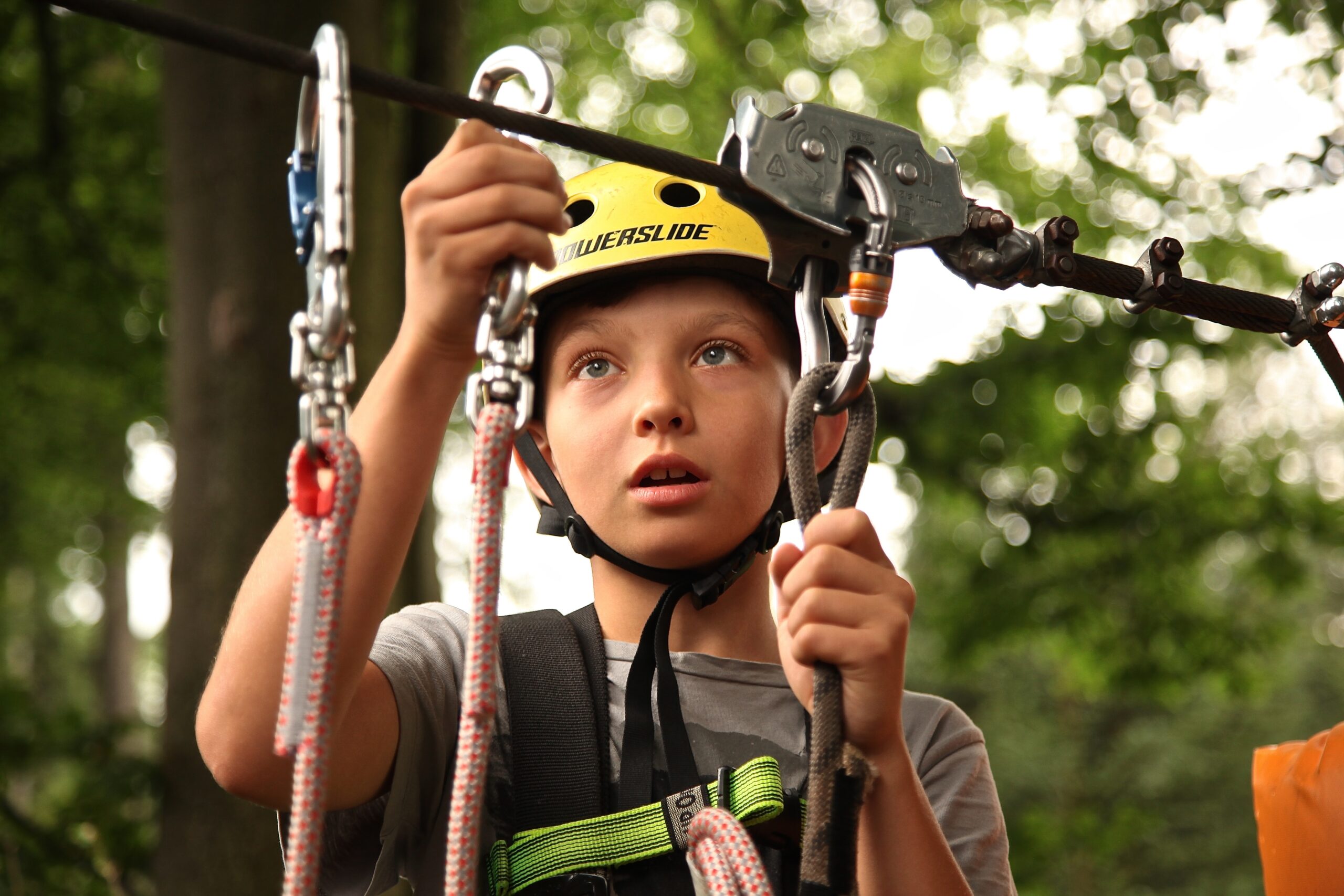Listen to the 5-minute podcast version
Watch a 1-minute introductory video
All parents want to protect their kids. These days, that can mean from drugs, alcohol, and other dangerous habits, and it also includes misfortunes such as anxiety, depression, and hopelessness.
There are many roles parents take on to offer that protection. But, unknowingly, some of them may cause more harm than good in the long run.
As parents, what role will teach us the most about how to protect our kids?

The Parent as Bodyguard
The United States Secret Service, charged with protecting our national leaders, has some of the best bodyguards in the world. Before the President goes anywhere, agents meticulously plan every aspect of the trip. They inspect the route, anticipating possible sources of danger and putting plans in place to negate any and all threats.
Secret Service agents accompany the President everywhere, literally surrounding him and remaining constantly on alert. They stand between their charge and any possible danger, even being willing to step in front of a bullet if necessary.
Many parents try to protect their children, even their teenagers, that way.
But while bodyguards do a good job keeping the President safe, it’s not how parents should deal with their kids. We can’t control their lives, nor be with them everywhere they go. And, as much as we may want to, we can’t fight our kids’ battles for them.
We want to learn how to protect our kids. Instead, we should teach them to protect themselves.
Other Parenting Roles
The role of bodyguard won’t work in the long run, nor will acting as a policeman whose sole focus is to keep our kids from doing something wrong. Or a defense attorney who takes care of any negative consequences they bring on. And not a publicist who covers up their problems for them.
As a parent, we can consider instead the example of a martial arts instructor:
 Ensure our kids have positive goals, like the colored belts earned in martial arts, and clearly-understood boundaries, similar to the rules and penalties they must adhere to in a sport.
Ensure our kids have positive goals, like the colored belts earned in martial arts, and clearly-understood boundaries, similar to the rules and penalties they must adhere to in a sport.
Like a good coach, invest in our relationship with them by building trust, respect, and connection. We may have authority, but kids also need our unconditional support, even when they make mistakes.
An effective instructor, or parent, sets a positive example by modeling the techniques to be successful, while understanding those watching them are learning from negative behaviors we demonstrate as well.
Practice helps martial arts students improve, and competition makes them stronger and more resilient. Similarly, we can encourage activities that strengthen our kids and develop discipline.
And we can offer teaching to empower them to protect themselves. Because our job is to teach them self-defense: self-discipline, self-esteem, self-control, self-confidence, and self-awareness.
Becoming a G-R-E-A-T Parent
There is much parents can learn from the role of martial arts instructor about how to protect our kids, and we can apply those lessons to become a G-R-E-A-T parent:
- Goals and Boundaries to develop our kids’ self-discipline.
- Relationship, with us and with God, to grow in self-esteem.
- Example setting showing the importance of self-control.
- Activities that expand their skills and self-confidence.
- Teaching self-awareness and obedience to authority.
Playing the role of policeman, defense attorney, or publicist is not what our kids need. And being their bodyguard will not protect them, because it cripples their ability to take care of themselves.
With your kids, which role will you play?
Question: As a parent, which of the roles above do you resemble?
Action: Pick 1 of the attributes of a G-R-E-A-T parent to improve on.
Photo by mdfriendofhillary  Photo by Irish Defence Forces
Photo by Irish Defence Forces  Photo by acm.brasilia
Photo by acm.brasilia 

